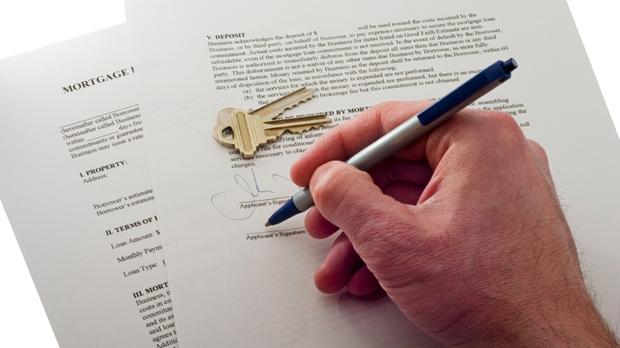
Every buyer goes through a “honeymoon” period when their monthly mortgage bond repayment seems a small price to pay for the pleasures of home ownership.
But the romance can sour rapidly if that instalment becomes a burden. “And the problem is not going to go away by itself,” says Rudi Botha, the chief executive of bond originator BetterBond. “You need to acknowledge it and assess your options for dealing with it.”
Botha says the most likely reason you’re battling is an interest rate hike that results in an increase in your monthly bond instalment, as well as your other debt repayments.
“This is less likely to happen if buyers initially pay a sizeable deposit and take a smaller bond. This will lower the minimum monthly bond repayment required and give them some leeway to cope with higher interest rates or emergencies,” says Botha.
He says signs that affordability is becoming a problem include making your mortgage bond repayment later and later each month, cutting back the repayment of other debts so you can afford the mortgage bond repayment, or “borrowing” from your credit card or overdraft facility to make up a shortfall on the instalment.
If you’re in this predicament, he says, your first step is to work out how long your cash “crunch” is likely to last. An interest-rate decrease may be on the way, or you may soon be due for a salary increase. Perhaps you will be able to address the problem quite quickly by cutting back on spending, or by taking a part-time second job to pay off your short-term debts, or even by getting a new, better-paying full-time job.
The second step is to stay calm. Take charge and ask your lender about the options for lowering your monthly repayment. You may be able to extend the term of the loan, for example, or cap it for a while and pay only interest until your financial circumstances improve. If you have owned your home for quite some time and have good equity, you may be able to refinance the loan at a lower interest rate.
This option is not automatically available, says Botha. “It is a specific concession negotiated between lender and borrower on an individual case basis and it mostly benefits those who have already paid off a large portion of their mortgage bond and whose monthly repayment thus contains a significant non-interest portion.
“If agreed to, the ‘interest-only’ period will also usually be strictly limited to between three and six months at the most.”
He says the advantage of this is that the borrower will have a lower monthly bond repayment for a few months, but the disadvantage is that there will be no reduction of the capital portion of the bond during the concession period and it will therefore take longer for the borrower to pay it off.
What about refinancing? There are two ways to “refinance” a bond. The first is to apply for a re-advance of the amount by which you have already reduced your bond, without raising your monthly bond repayment, says Botha. The usual bond credit qualification criteria will apply when doing this and it will lengthen the overall repayment period.
The second method of “refinancing” is available to those with an access facility built into their original bond agreement. This enables you to re- access any capital you paid off your mortgage bond to cover an emergency expense or perhaps pay off other debts and it will not lengthen the overall bond repayment period. It will, however, immediately increase the monthly mortgage bond instalment.
Third, says Botha, you may decide that you cannot manage the bond repayments at this stage and should rather sell your home, pay off your debts and start over.
“If that is the case, you should seek professional help through one of the bank-assisted sale programmes to get the property sold at the best price and in the shortest possible time.”
Whatever you do, he says, you should not stop paying your instalments and wait to see what happens. “The last thing the bank wants to do is repossess your home.”

